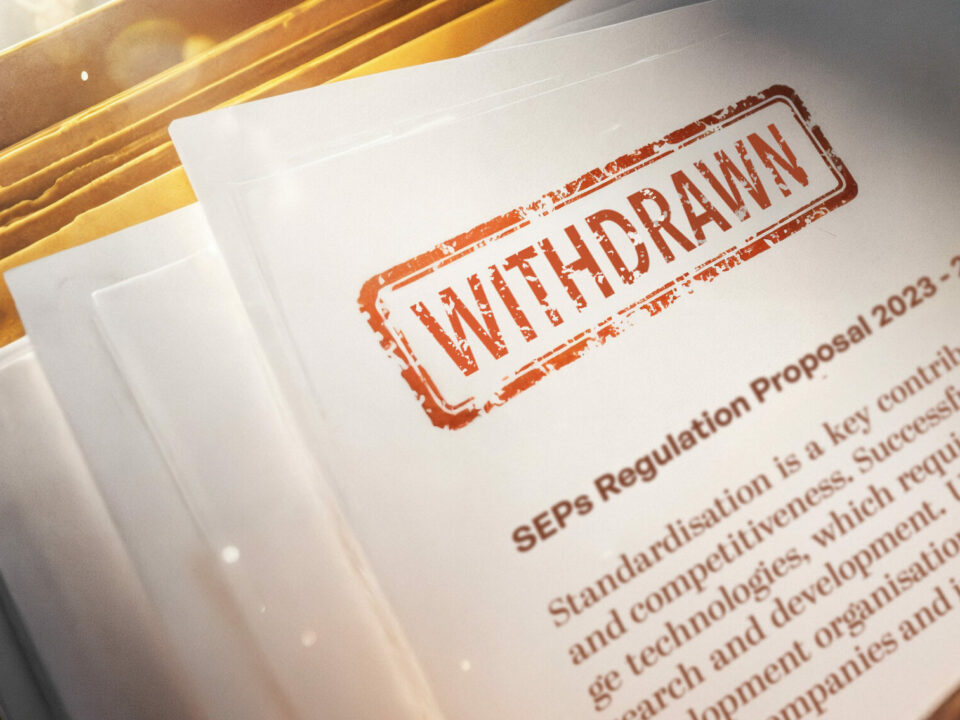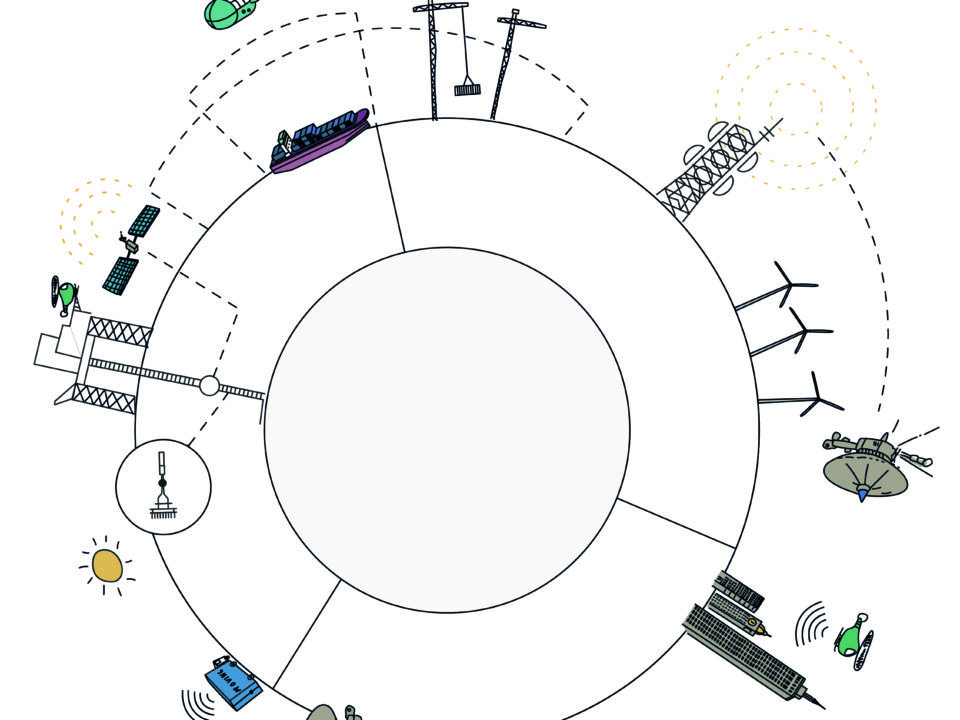Efficient infringement of SEPs
When looking at recent case law of courts in the EU involving SEPs, one cannot help noticing that an increasing number of cases involve parties that knowingly integrate patented technologies into their products without a licence. Rather than engage in licence negotiations, even when invited to do so, they intentionally adopt tactics to delay (or avoid altogether) taking a licence. They delay for years, all the while continuing to benefit from their unauthorized use of others’ patented technology.
In normal patent speak this is, quite simply, wilful patent infringement. In other areas of IP law this kind of intentional infringement would be seen as IP theft. It would be called piracy and severely frowned upon. It would attract severe penalties, even criminal sanctions. But it is a different story when it comes to standard essential patents (SEPs).
Entities that engage in hold-out strategies are emboldened in the knowledge that, even if they are sued, it will be very difficult for patent owners to recuperate the full loss associated with prolonged unlicensed use. In other words, they have a good chance of benefiting from their wilful patent infringement.
In practice, there is little risk to remaining unlicensed. Injunctive relief is by no means a given. Furthermore, in much of Europe, damages for SEP infringement tend to be limited to the FRAND value of one specific patent (or at most relatively few patents) in litigation rather than the value of a FRAND licence for a whole portfolio of SEPs. When portfolios include hundreds or even thousands of SEPs, FRAND damages awarded in court for a single SEP cannot even cover the cost of suing a recalcitrant licensee.
It is no surprise, therefore, that hold-out is also sometimes called ‘efficient infringement’. Another expression often used is ‘free-riding’ because unlicensed implementers simply use technology without contributing to the substantial development costs incurred by innovators years in advance of a standard being adopted. For this reason, unlicensed use threatens future investment in open standards and undermines European leadership in 5G and 6G.
Ultimately the aim of hold-out for the infringers is to cut costs and to gain an (unfair) competitive advantage over their licensed rivals who do pay the licence fees.



